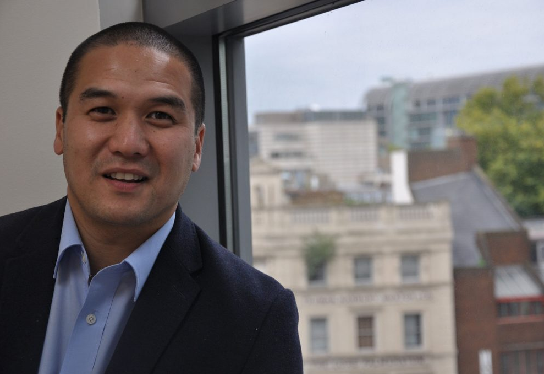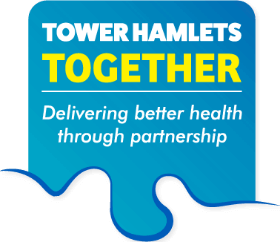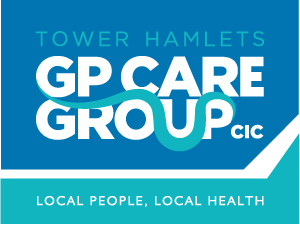Person-centred care makes a lasting impact to the lives of real people
The borough’s vision of a seamless health and care experience for its citizens.

Tower Hamlets Together is one of the 14 Multispecialty Community Providers across the country
Tower Hamlets Together is one of the 14 Multispecialty Community Providers across the country. The vanguard are improving the quality of care and experience for patients by integrating services across the borough and coordinating care so that it is wrapped around the needs of the person. Ryan Ocampo, Senior Account Manager, in the New Care Models Programme, talks to Rosie Hill, James Smith and Charlie Hardy from NHS England, when they recently visited Tower Hamlets to find out more about the programme and how it’s improving care for patients.
What is your role in NHS England?
Rosie: I am a senior policy officer in the New Care Models Programme which means I help to develop emerging policy around the changes in the NHS.
James: I am a project manager, providing support to the strategy and planning team on projects across the New Care Models Programme.
Charlie: As a leadership project manager, I look at how people interact to achieve system goals.
Why were you interested in learning about Tower Hamlets Together?
James: I had heard a lot in my current and previous roles about the work that Tower Hamlets were doing to integrate primary care services in their area, so was keen to hear more about the work they had done, and the approach they had taken in an inner-city location with large amounts of economic inequality.
Charlie: I heard they are really pushing the boundaries in working together.
What were your impressions from visiting the site?
Rosie: I loved how they gave everyone an opportunity to share a patient story. These were very uplifting and powerful. I remember talking to lots of people, one interaction that sticks in the memory is meeting a psychotherapist supporting people with diabetes.
James: I was very impressed with how the different organisations came together to support patients. It really felt like they were working as one organisation as opposed to providers competing with one another. Staff were so energetic and motivated, they collaborated well to solve patients’ problems.
So, are things are improving for patients?
Charlie: I remember one story in particular where health and social care are working with the voluntary sector on a project where formerly homeless people support people living on the streets to look after themselves. I thought this was an amazing project and showed the kind of simple innovations Tower Hamlets are delivering that make a big difference.
James: The patient stories that really struck me involved multiple agencies supporting people with very complex health needs often living in difficult social circumstances. Joint working across health, social care and voluntary services enabled interventions such as low cost bereavement services for those unable to afford a funeral and one church who allowed a person with mental health problems to play the saxophone in their hall. This helped to improve his condition. These examples serve as a powerful reminder of the lasting impact person-centred approaches to care have on the lives of real people.
What is different about the work in Tower Hamlets and can others adopt it?
Rosie: Absolutely! The staff in Tower Hamlets seem more enthusiastic. Everyone is motivated to help each other and wants to understand how best they can help patients. Systems following the examples of vanguards must not be afraid to try something different. I don’t think it matters that the programmes of change are vanguards or new care models, what’s important is that people’s ways of working change, that’s the best way to engage staff.
James: Staff in Tower Hamlets are committed to understanding their patients as whole people. I’ve used NHS services previously where my medical complaints were treated as isolated problems with very specific remedies. Through visiting Tower Hamlets I learned how unsuitable this approach is in the long-term for patients with a range of complicated conditions, or people who have other barriers that make it difficult for them to access care, such as speaking English as a second language, being socially isolated, or living in poverty.
Charlie: They have shown what can be achieved when people work in partnership and behaviours are driven by a common goal. I’d like to thank Tower Hamlets for what they are doing, they’re showing what is possible when people connect and solve problems together.
It is a privilege to be able to work so closely with vanguards in the new care models programme and it was a joy to be able to share this with colleagues. From the conversations with Charlie, James and Rosie, it’s clear that lasting changes are driven through relationships and people connecting with one another. Tower Hamlets Together has given their workforce the time and space to work in partnership, develop innovations and collaborate for the benefit of their patients and residents. Their approach to transformation coupled with their innovative culture gives me confidence that the improvements in patient care and quality will be sustained.








